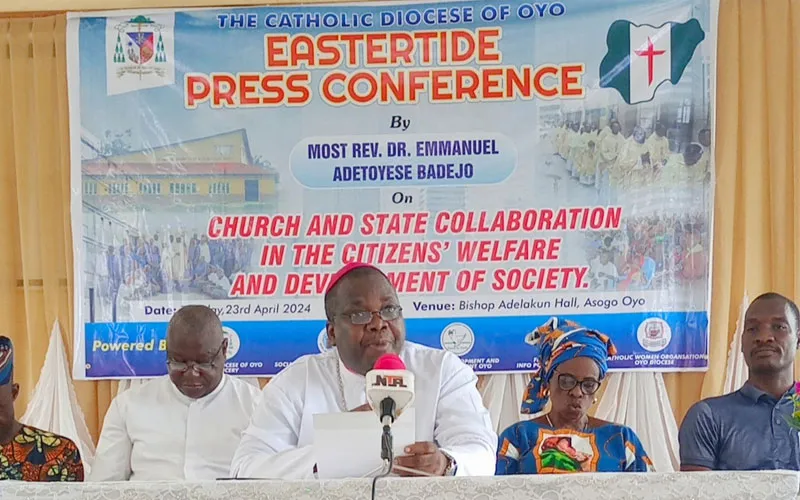Nairobi, 02 May, 2020 / 7:14 am (ACI Africa).
A collaborative five-nation study examining the sustainability of the apostolic life of women religious found that financial sustainability is one of the major obstacles to the apostolate of nuns in the African countries sampled in the research.
Dubbed “Religious Life for women in East and Central Africa: a sustainable future”, the three-year research (between 2016 and 2019) involved close to 650 nuns across Kenya, Uganda, Tanzania, Malawi, and Zambia.
“Financial sustainability is recognized by all sisters as one of the major challenges to religious life. The majority recognize that both internal and external poverty significantly affect them and their apostolates,” the UK-based Centre for Catholic Studies of Durham University and Margaret Beaufort Institute of Theology, which jointly undertook the study reported.
“In some cases, Sisters have had to withdraw from parish ministries where there has been an inability, or unwillingness, to remunerate them appropriately,” the study, which was led by Dr. Catherine Sexton of Margaret Beaufort Institute of Theology, Cambridge, and Dr. Maria Calderón Muñoz of Durham University established.
According to the testimonies from the research respondents, “Sometimes lack of resources can affect the delivery of their mission: when a congregation does not have enough funds to cover their needs and those of the people around them, apostolates have to be stopped or reduced.”





